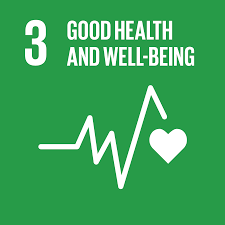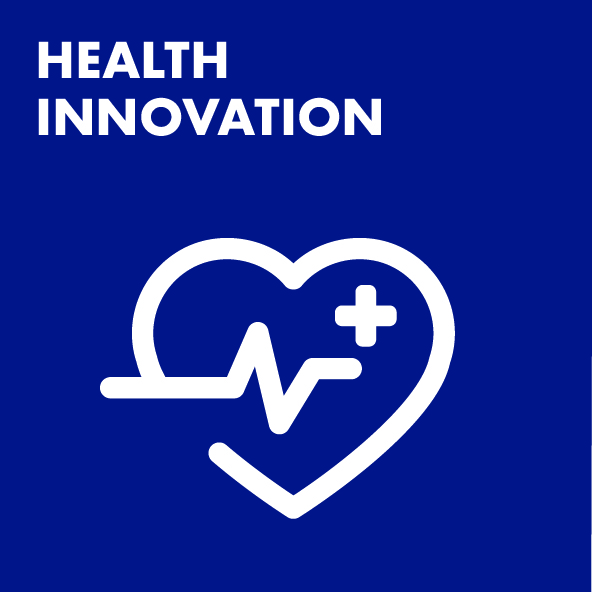The Challenge
Suicide is a leading cause of premature death with over 800,000 people dying by suicide globally each year. There is rarely a single reason why someone takes their own life. It is best understood through each individuals’ life circumstances, in a complex interplay of risk factors and adverse experiences. Nevertheless, suicide is potentially preventable using a public health approach across sectors such as schools and health, professionals and the public.
The method
Professor Ann John leads a team of researchers interested in how anonymised 'Big Data' can be used to identify patterns and indicators of potential risk and then uses these markers to inform policy, protocols and guidance for those in contact with those at risk of self-harm and suicide.
Going about our day-to-day lives we all leave a data foot-print in routinely collected data, a set of patterns across different sectors, which when housed in Trusted Research Environments can be aligned to anonymised individuals and used to identify contacts and behaviours that highlight those who might benefit from interventions to prevent self-harm and suicide.
Professor John’s research looks at anonymised data linking across sectors from school attendance and absences, examination attainment and medical appointments with the GP or in hospitals to social media, Google analytics and media reporting. Whilst this data is never linked to a named individual the patterns of behaviours of a number of individuals can build a picture of how interventions can be designed, protocols put in place and policies developed to help inform and train professionals in contact with those who self-harm or are at risk of suicide.







